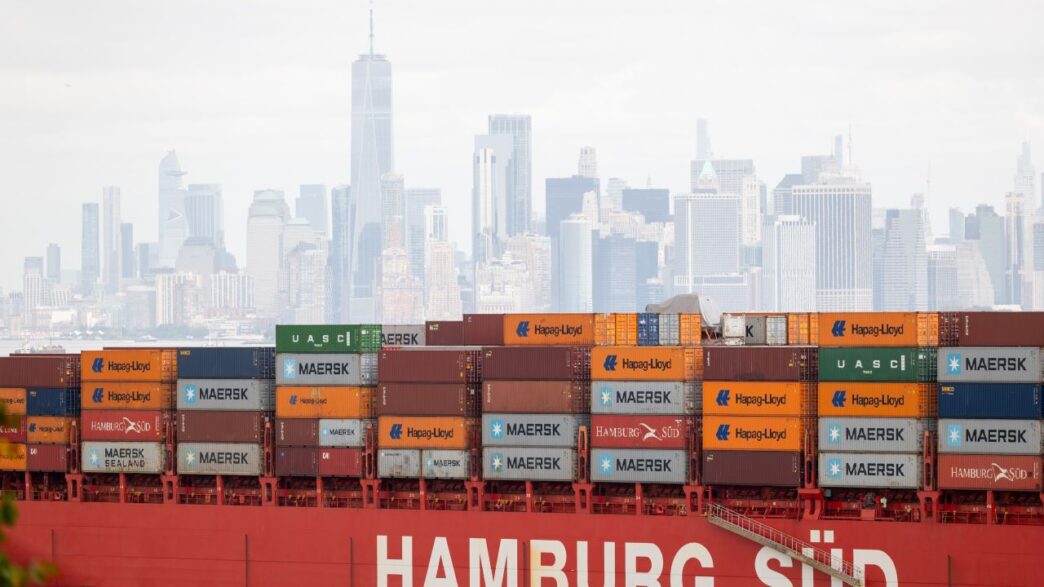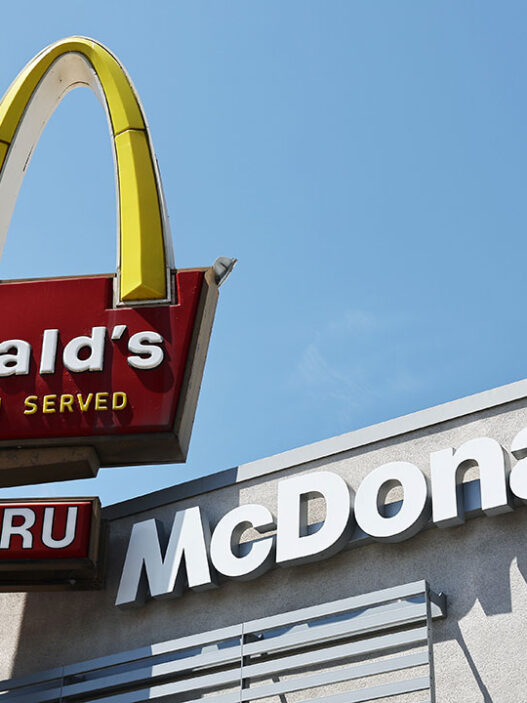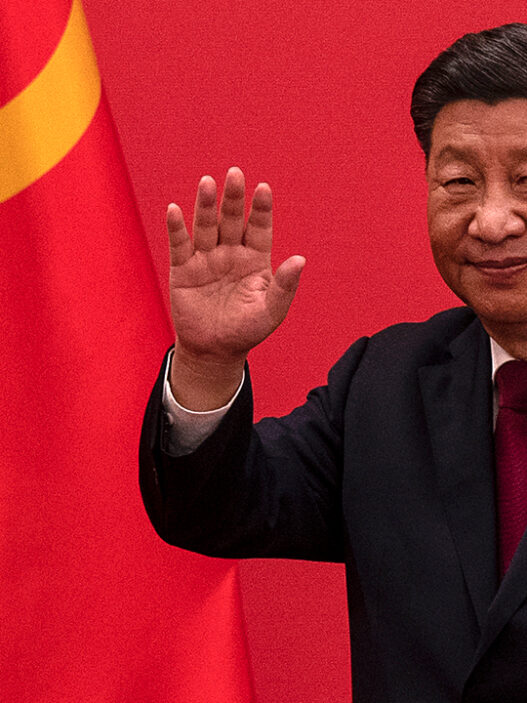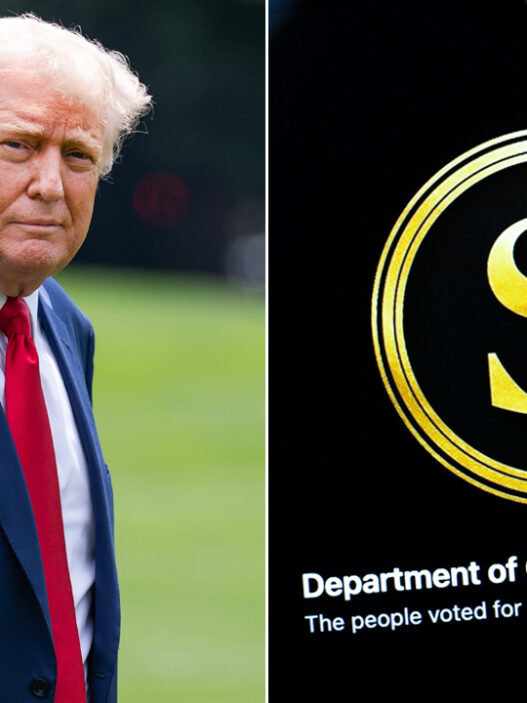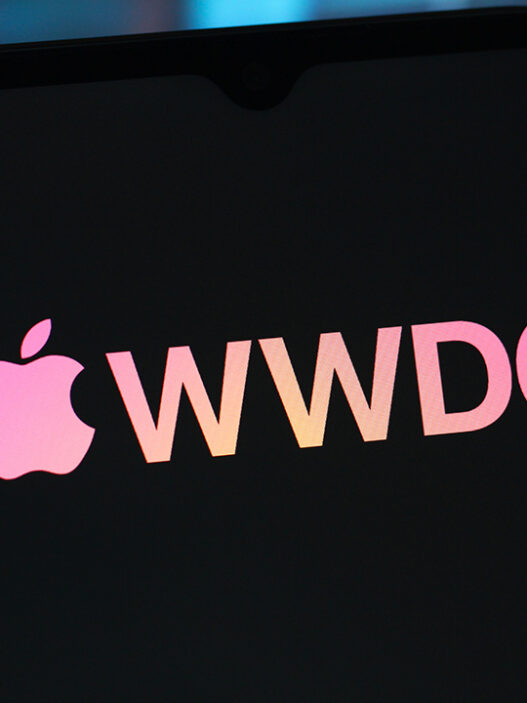The Federal Reserve Bank of New York recently released a survey that found businesses are passing some or all of the cost of higher tariffs onto consumers through higher prices.
The New York Fed conducted its survey of businesses in the New York and northern New Jersey region from May 2-9 and found most businesses passed on at least some of the higher tariffs to their customers through higher prices. It found that about 90% of manufacturers and roughly three-quarters of service firms import some goods, with the average share of imported inputs at around 30% for all firms.
Manufacturers estimated the average tariff rate they paid on their imports was about 35%, an increase of about 25 percentage points from six months ago; service firms reported an average tariff rate of 26%, up 17 points in the last six months. Most of those firms have raised prices on customers by passing through some or all of the cost of higher tariffs.
“About three-quarters of businesses facing tariff-induced cost increases in both the manufacturing and service sectors passed along at least some of these higher costs to their customers by raising prices,” the New York Fed wrote.
TRUMP, SOUTH KOREA’S NEW PRESIDENT AGREE TO MAKE A DEAL ON TARIFFS THAT WOULD SATISFY BOTH COUNTRIES
“Almost a third of manufacturers and about 45% of service firms reported fully passing along all tariff-related cost increases, while 45% of manufacturers and a third of service firms said they passed along some but not all of the cost increase,” the report said.
US ECONOMIC GROWTH FORECAST CUT SHARPLY DUE TO HIGHER TARIFFS
Firms that raised their prices due to tariffs did so relatively quickly in response to the tariff-related cost increases, as over half of both manufacturing and service firms in that category raised prices within a month, including many within a day or week. Another quarter said they either raised their prices or planned to do so within one to three months of the cost increases.
The New York Fed’s survey concluded before the temporary reduction of President Donald Trump’s tariffs on China from 145% to 30% and prior to court rulings that invalidated some of his tariff measures.
WHITE HOUSE DECRIES ‘JUDICIAL OVERREACH’ AFTER FEDERAL COURT REJECTS TRUMP TARIFFS
These shifts in trade policies have created uncertainty in terms of the future path of tariffs and the impact they have on businesses.
“Looking ahead, businesses expressed considerable uncertainty about the future path of tariffs. Indeed, in early May, about half of service firms expected tariffs to move higher in the next months and about a third expected tariffs to decline,” the New York Fed wrote.









